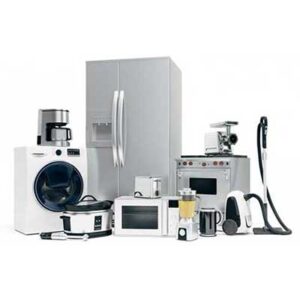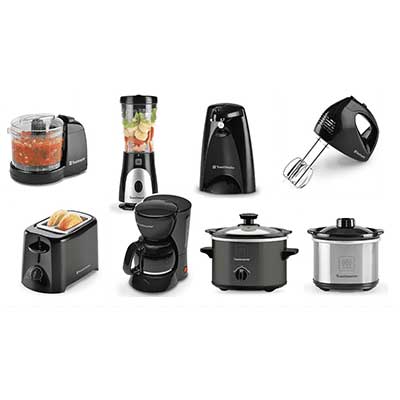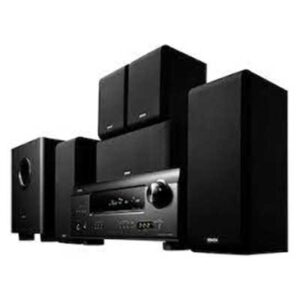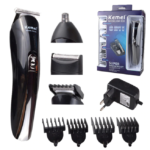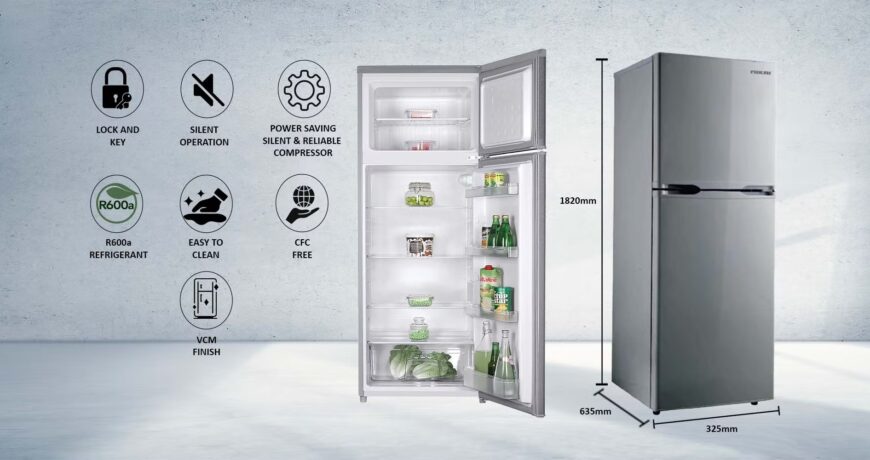Which Size Of A Standard Refrigerator Do You Need? Leave a comment
One crucial aspect to think about when purchasing a refrigerator is its size. The ideal refrigerator size may make the most of your kitchen space and guarantee that you have adequate capacity for food and drink storage. This article will examine the common refrigerator sizes on the market and assist you in choosing the one that best meets your requirements.
- Mini or compact refrigerators: These little refrigerators are generally used in workplaces, dorm rooms, or as extra storage. Compact refrigerators are perfect for keeping a small quantity of food and beverages since they offer a storage space of less than 4 cubic feet. They are also well-liked for their design save space and are energy-efficient.
- Apartment-Sized Refrigerators: With capacities ranging from 7 to 16 cubic feet, apartment-sized refrigerators are a little bigger than compact ones. These refrigerators are designed to fit in cramped flats or tiny kitchens. They provide greater storage capacity than small ones and also include extra features such as storage for doors and shelves.
- Standard-Sized Refrigerators: The most prevalent kind of refrigerator seen in households is the standard-sized model. Usually, they have a volume of 18 to 25 cubic feet. These refrigerators include several compartments and drawers for organisation, and they have plenty of room for goods. There are several configurations for standard-sized refrigerators, including top-freezer, bottom-freezer, and side-by-side.
- Counter-Depth Refrigerators: Counter-depth refrigerators have a sleek, integrated appearance since they are designed to fit in with your kitchen cabinetry. To match the depth of your countertops, they feature a shorter depth than standard-sized ones, usually approximately 24 inches. To attain their sleek look, counter-depth refrigerators do, however, often give up some storage capacity.
- French Door Refrigerators: Thanks to its stylish appearance and practical features, French Door Refrigerators have grown in favour in recent years. They have a freezer drawer at the bottom and two little doors on the top. French door refrigerators have large storage space, often between 20 and 30 cubic feet. They are a great option for bigger families or those who regularly host guests since they give simple access to both the fresh food section and the freezer.
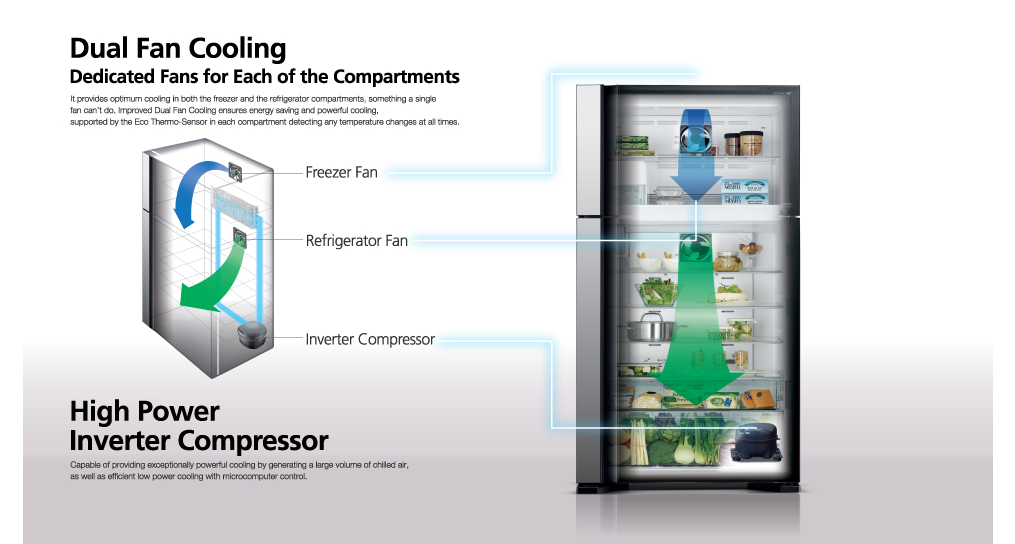
How to Choose the Best Size for Your Needs:
The following elements should be taken into account when choosing the right size refrigerator for your household:
- Available Space: Determine the width, height, and depth of the area in your kitchen where you want to put the refrigerator. Make sure there is sufficient space for the door to open completely.
- Family Size: Take into account how many people live in your home and how much food you regularly stockpile. Families with more members may need a refrigerator with greater storage.
- Lifestyle and Cooking Habits: If you often host events or prepare big amounts of food, you may want a refrigerator with enough room for keeping leftovers and drinks.
- Future Requirements: Consider any prospective family growth or lifestyle modifications that may affect your refrigerator requirements. Making a longer-term choice with the aid of planning is beneficial.
- Energy Efficiency: It’s crucial to take energy efficiency into account when choosing a refrigerator size. The increased room in larger refrigerators often requires more energy to chill, which may lead to greater power costs. If saving energy is important to you, you may want to choose a single door refrigerator that can accommodate your storage requirements.
- Customization and Features: The degree of customization and features available depends on the size of the refrigerator. Some versions have integrated smart technology, water dispensers, ice makers, temperature-controlled drawers, and shelves that can be adjusted. Make sure the refrigerator size you choose gives the appropriate functionality by taking into account the features that are vital to you.
- Budget considerations: The cost of a refrigerator might vary depending on its size, brand, and features. In general, larger refrigerators are more costly than smaller ones. To select a refrigerator size that works within your price range, choose a range for your budget and rank your criteria.
- Consult the Experts: It’s always wise to get expert advice if you’re uncertain of the ideal refrigerator size for your requirements. To gain knowledge and make a wise choice, consult appliance experts or read user testimonials and suggestions.
- Take into account the Layout and Organisation: Consider how you like to arrange your refrigerator. If you want to separate your fruits, veggies, meats, and dairy goods, a bigger refrigerator with more drawers and shelves may be necessary. On the other hand, a smaller refrigerator with movable shelves can do the trick if you want a simpler design.
- Door Clearance: Verify your kitchen’s door clearance to make sure the refrigerator you choose can open completely without any obstacles. This is crucial for bigger refrigerators, including side-by-side or French door models, since they need more room to swing open their doors.
- Freezer Capacity: Take into account how much freezer space you need. You may want a refrigerator with a greater freezer capacity if you often freeze significant amounts of food or store frozen goods in bulk. For your freezing requirements, several models have extra freezer drawers or separate freezer chambers.
- Lifestyle Points to Consider Your lifestyle and everyday activities may have an impact on the size of refrigerator you need. If you want to prepare fresh meals every day and don’t need a lot of storage, a smaller refrigerator can be enough. However, a bigger refrigerator with greater storage space might be better suited if you often stock up on food, like to prepare meals in advance, or want to keep leftovers.
- Aesthetics and Kitchen decor: Your refrigerator’s size should complement your kitchen’s overall style and decor. The refrigerator’s design, colour, and finish should match the rest of your kitchen’s decor. Recall that bigger refrigerators might become the centre of attention in the kitchen, whilst smaller versions can fit in more effortlessly.
- Accessibility and Mobility: Take into account elements like door handle location, weight, and mobility features if you have particular accessibility requirements or anticipate needing to relocate the refrigerator in the future. For greater mobility, some bottom mount fridge include reversible doors or wheels, which might be useful in certain circumstances.
- Warranty and After-Sales Service: Lastly, look into the manufacturer’s warranty and after-sales support. Peace of mind and timely support if your refrigerator has any problems may be provided by a dependable warranty and accessible service network.
Keep in mind that the ideal refrigerator size is a matter of personal opinion and relies on your specific needs. Consider these other elements carefully to choose a refrigerator size that best meets your requirements, way of life, and kitchen area. If you want to get any information then just visit our social media platform plugnpoint.

